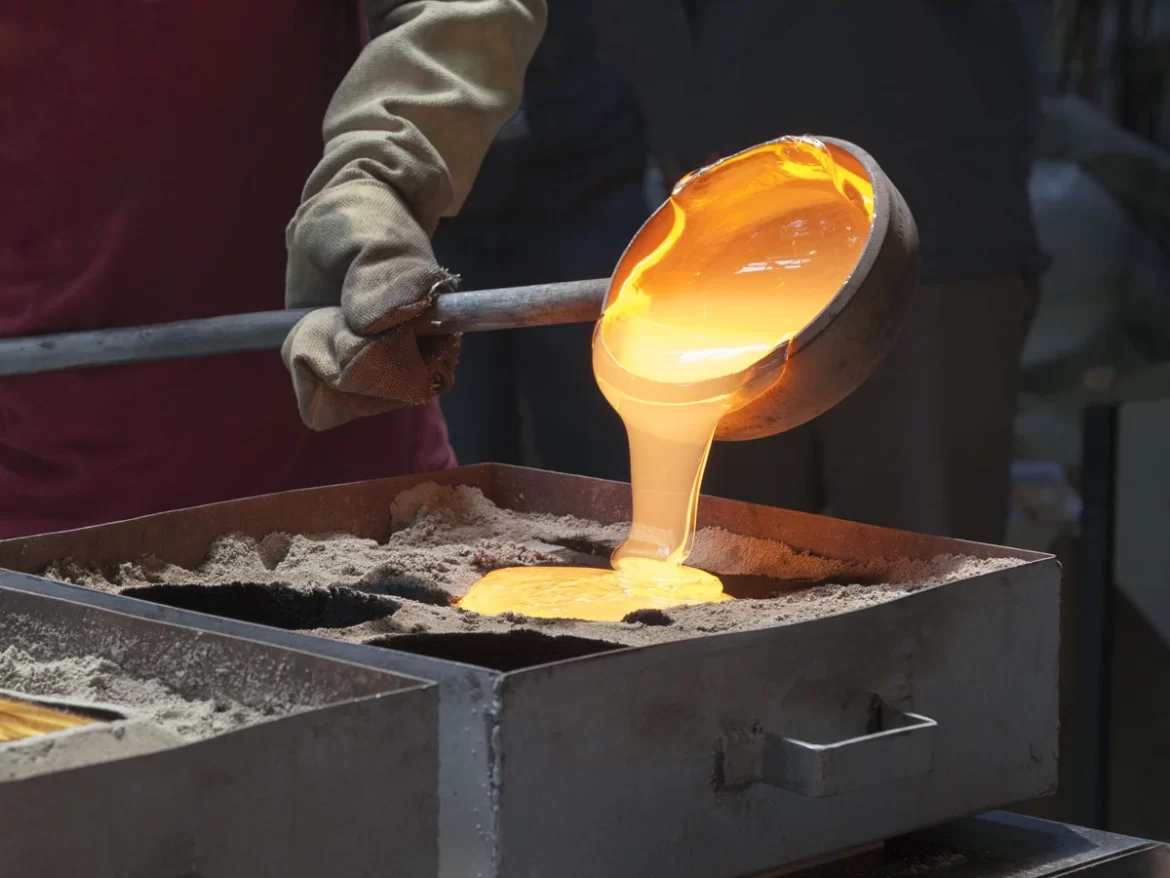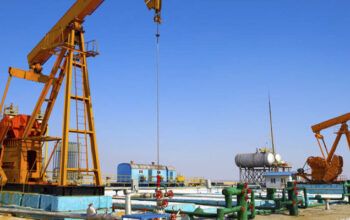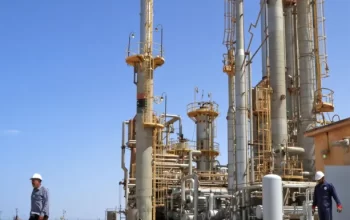The Royal Ghana Gold Refinery, which will process 400 kilograms of gold daily, primarily sources raw materials from artisanal and small-scale mines.
These mines contribute about one-third of Ghana’s annual gold output of roughly 4 million ounces, according to Bloomberg.
Bank of Ghana Governor Ernest Addison stated that the refinery will play a crucial role in curbing gold smuggling, a persistent issue in the country, by providing a ready market for artisanal and small-scale miners.
“This refinery can mitigate the incentive for smuggling and help promote transparency and accountability in gold trading,” he added.
Rosy Royal Minerals Ltd. of India owns an 80% stake in the refinery, while the Bank of Ghana holds the remaining 20%. This project is part of broader efforts to formalize Ghana’s artisanal and small-scale gold mining sector.
The central bank has been purchasing gold from small miners to bolster its foreign exchange reserves and address a weakening currency—a strategy that other African nations, including Zimbabwe, Uganda, and Madagascar, have either adopted or are considering.
The refinery aligns with a continent-wide initiative to add value to natural resources before exporting them, ensuring greater economic benefits for African countries.
“Our failure to successfully ensure value addition across the entire resource chain has meant that we have been unable to properly harness the benefits of being among the top 10 gold producers in the world,” said Finance Minister Mohammed Amin Adam.
The Ghanaian government is also in talks with the London Bullion Market Association (LBMA) to help small-scale miners gain access to broader markets through responsible sourcing certification.
“If we work hard, we can achieve LBMA status,” said Eric Santeng, a director at Royal Ghana Gold. “This status is within our grasp but requires the concerted effort of all.”
SOURCE:copperbeltkatangamining.com
![]()




